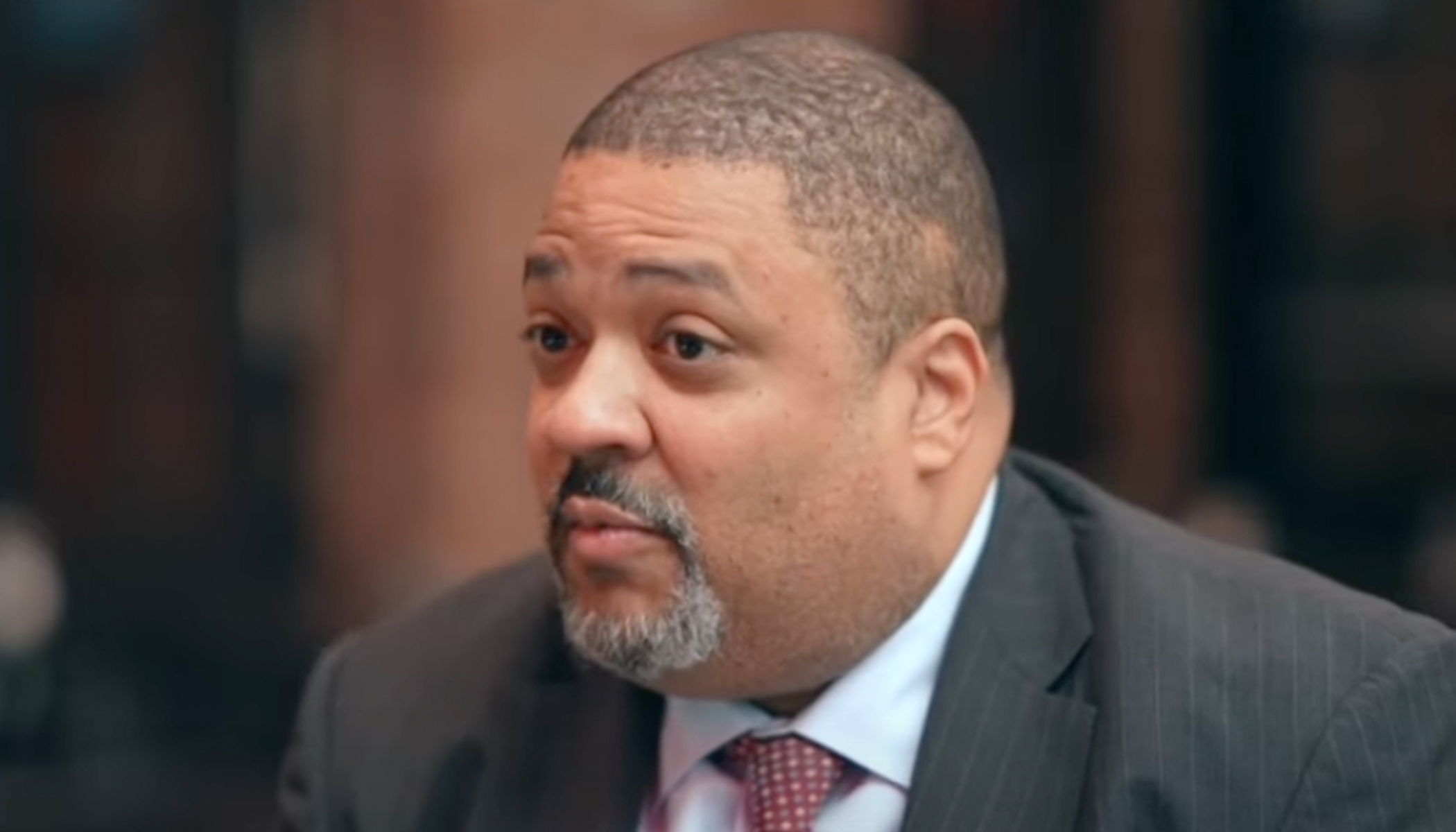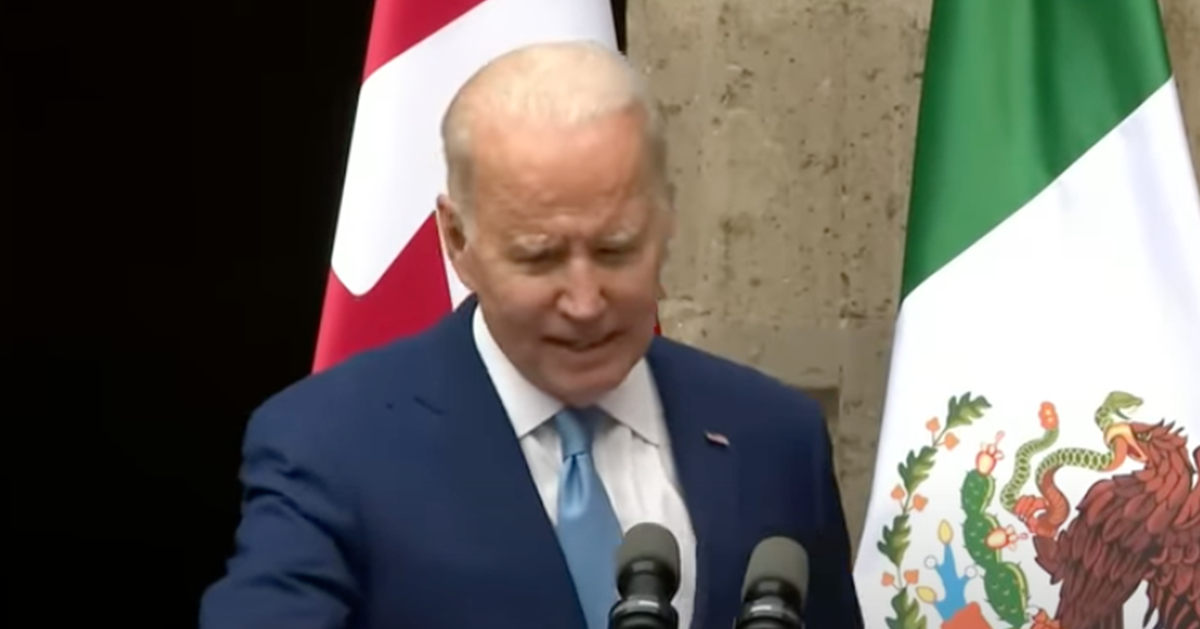Speaker Mike Johnson Ponders More Earmarks Amid Bipartisan Interest
As the speaker of the House, Rep. Mike Johnson is reportedly considering a controversial proposal.
Johnson (R-LA) is reportedly weighing the expansion of earmarks in legislative spending, drawing both support and criticism across party lines, as Breitbart reports.
Shifts in House Appropriations Committee
The speaker has recently made moves that suggest a shift toward more flexible government spending policies. This includes contemplating increased earmarks in government funding, which appeals to certain establishment Republicans and Democrats alike.
Following the resignation of Rep. Kay Granger (R-TX) in March, Rep. Tom Cole (R-OK) was appointed to lead the House Appropriations Committee. Cole has shown a strong inclination towards expanding earmarks, especially within the significant Labor-HHS-Education funding bill.
The desire for more earmarks comes despite the House not allowing them in this specific funding bill in 2023, indicating a potential policy reversal in the near future.
Controversial Decisions Strain Party Relations
Johnson's tenure has been marked by decisions that have occasionally placed him at odds with his party's more conservative members. Notably, he has previously navigated through conservative opposition to pass measures on government funding, warrantless spying, and aid to Ukraine.
These actions have not only affected internal party dynamics but have also led to threats from figures such as Rep. Marjorie Taylor Greene (R-GA), who has vocally criticized Johnson for allegedly betraying conservative principles. She has even threatened to seek his removal from the speakership.
Further complicating matters, Johnson relied on Democratic support to pass a procedural rule on the House floor, allowing discussions on Ukraine aid, which saw more favor from Democrats than from his own party.
Revisiting Earmark Policies in the House
Historically, House Republicans banned earmarks in 2011 but shifted their stance in March 2021 by voting to allow them once again. This context highlights the evolving perspectives within the party concerning government spending practices.
According to an unnamed source close to the discussions, there seems to be a clear alignment between Johnson and Cole regarding the push for more earmarks. The source suggests that Johnson's appointment of Cole to the Appropriations Committee was a strategic move, fully backing Cole's initiatives.
"Whatever the speaker comes back with is what I’ll be supporting," said Rep. Tom Cole, signaling strong mutual understanding and support for the proposed earmark expansion.
Political Implications of Earmark Expansion
The contemplation of expanded earmarks by Speaker Johnson is part of broader negotiations that often require bipartisan support for significant legislation to pass. These negotiations have occasionally led Johnson to secure Democratic backing to maintain his leadership role.
Such strategies, while effective in holding his position, continue to stir debates within the conservative ranks, with some viewing his bipartisan approaches as necessary compromises, while others view them as departures from core conservative values.
This dynamic underscores the complex landscape Johnson navigates as speaker, balancing between advancing legislative priorities and maintaining party unity.
Looking Ahead: The Future of Government Spending
The potential increase in earmarks represents a significant shift in how government funds could be allocated, potentially influencing a wide range of public sectors, including education, health, and labor.
As debates and discussions continue, the outcomes of these policy changes will likely have lasting impacts on both the political spectrum and on public services across the nation.
The final decisions and their implementations will be closely watched by both proponents and critics, as they could redefine the operational dynamics of future government spending.
In conclusion, Speaker Mike Johnson's contemplation of expanding earmarks is a pivotal moment in U.S. legislative history. This move, supported by some and opposed by others within both major parties, reflects the ongoing evolution in government funding strategies and the intricate balance of political power and principle in Washington.






